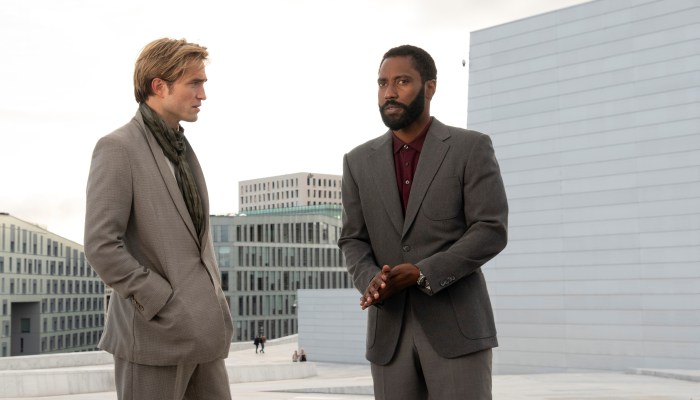A tenet contrary to received opinion sets the stage for this enthralling narrative, offering readers a glimpse into a story that is rich in detail and brimming with originality from the outset. This tenet challenges the established beliefs and norms of society, inviting us to question our own assumptions and explore the uncharted territories of thought.
Throughout history, individuals have dared to challenge prevailing wisdom, leading to groundbreaking discoveries and societal transformations. From Galileo’s heliocentric theory to Martin Luther’s religious reforms, the power of dissent has shaped the course of human civilization.
Tenets Contrary to Received Opinion

A tenet contrary to received opinion is a belief that contradicts widely held views or prevailing norms. Tenets are fundamental principles or doctrines, while opinions are subjective beliefs or judgments. Tenets that challenge accepted beliefs often stem from independent thinking, critical analysis, and a willingness to question the status quo.
Examples of tenets that contradict received opinions include the heliocentric model of the solar system, which challenged the geocentric model; the theory of evolution, which challenged the idea of creationism; and the concept of a spherical Earth, which challenged the belief that the Earth was flat.
Historical Examples
Throughout history, tenets that challenged accepted beliefs have played a pivotal role in societal progress. The heliocentric model of the solar system, proposed by Nicolaus Copernicus in the 16th century, overturned the long-held geocentric model, which placed Earth at the center of the universe.
This shift in perspective revolutionized astronomy and laid the foundation for modern science.
The theory of evolution, put forward by Charles Darwin in the 19th century, challenged the prevailing belief in creationism. Darwin’s theory provided a scientific explanation for the diversity of life on Earth and revolutionized our understanding of the natural world.
Social Implications, A tenet contrary to received opinion
Holding a tenet contrary to received opinion can have significant social implications. Nonconformists may face social pressure, ridicule, or even ostracism from those who hold opposing views. However, they may also find support and validation from like-minded individuals or communities.
Strategies for dealing with social pressure to conform include developing a strong sense of self, seeking support from others who share similar beliefs, and practicing assertive communication skills.
Cognitive Biases
Cognitive biases are mental shortcuts that can lead people to reject tenets that contradict their beliefs. Confirmation bias, for example, causes people to seek out information that confirms their existing beliefs and ignore evidence that contradicts them.
Motivated reasoning leads people to interpret information in a way that supports their desired conclusions, even if the evidence is weak or biased. Groupthink occurs when individuals in a group suppress their own doubts or opinions in order to maintain group harmony.
Techniques for overcoming these biases include actively seeking out and considering evidence that contradicts our beliefs, being aware of our own biases, and engaging in critical thinking and open-minded discussion.
Value of Dissent
Dissent and nonconformity play a crucial role in a society by challenging received opinions and fostering innovation and progress. By questioning established norms, dissenters can uncover flaws, identify new perspectives, and promote a more informed understanding of the world.
Examples of how dissent has shaped history include the American Revolution, the civil rights movement, and the women’s suffrage movement. In each case, dissenters challenged prevailing norms and ultimately brought about significant societal changes.
Ethical Considerations
Holding a tenet contrary to received opinion also raises ethical considerations. While it is important to share one’s beliefs, it is equally important to respect the beliefs of others and engage in respectful dialogue.
Guidelines for respectful and constructive dialogue about differing viewpoints include listening actively, seeking common ground, and avoiding personal attacks. It is also important to be open to changing one’s own beliefs based on new evidence or persuasive arguments.
Query Resolution: A Tenet Contrary To Received Opinion
What is the difference between a tenet and an opinion?
A tenet is a fundamental belief or principle, while an opinion is a personal view or judgment that may not be based on objective evidence.
How can cognitive biases hinder open-mindedness?
Cognitive biases, such as confirmation bias and groupthink, can lead us to seek information that confirms our existing beliefs and disregard evidence that contradicts them.
What are the ethical considerations of holding a tenet contrary to received opinion?
While it is important to express our beliefs respectfully, we must also be mindful of the impact our words may have on others and engage in constructive dialogue.


